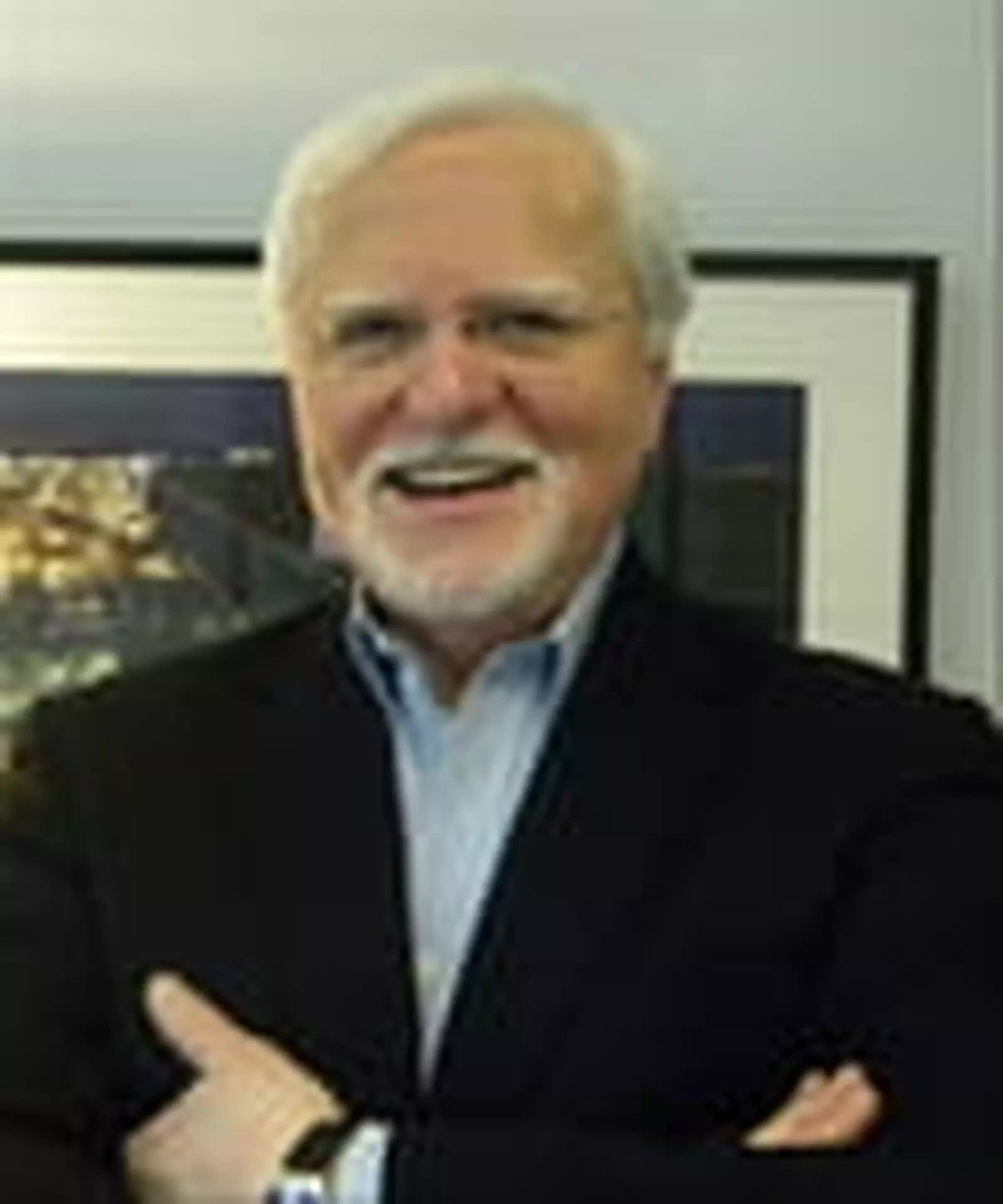Photo Credit: ©GettyImages/Fizkes
God has not given us the spirit of fear, but of power and love and a sound mind. – 2 Timothy 1:7
You then, my son, be strong in the grace that is in Christ Jesus. – 2 Timothy 2:1
I solemnly charge you in the presence of God and of Christ Jesus…preach the word! Be ready in season and out of season; reprove, rebuke, exhort, with great patience and instruction. – 2 Timothy 4:1-2
“They’re almost to the point of giving me my walking papers. The animosity from some of our leaders is so thick you could cut it with a butter knife. What do I do now? How do I stand in the pulpit and preach? And what should I preach?”
If you’ve never preached the gospel while people who hated you were sitting all throughout the congregation, arms folded and brows furrowed, you’ve missed out on one of the great experiences of the Christian life.
If you’ve never feared for your job for nothing more than preaching the whole counsel of God, you’re in a minority, pastor.
Sometimes the ill-will is for nothing you have done or failed to do. The plotters and schemers have their own reason and their own private agenda. Sometimes, the problem is you have stepped across an invisible line and intruded into forbidden territory.
When You Preach Truth, You Will Cross Lines
You preached against guns when every man and half the women in the congregation were bona fide members of the NRA. They were aghast.
“How dare you!”
You preached God’s love for all races when the KKK (or their modern successors) were looking around for their next victim.
“You crazy, boy?”
You preached tithing to people who had made idols of their money, preached sexual purity to a gang of partyers, preached God’s definition of marriage to a liberal crowd.
“Do you know where you are?”
You preached once saved, always saved to a congregation of arminians. You preached the full inspiration of God’s word to a liberal crowd. You preached Psalm 139 (the preciousness of life!) to a church supporting Planned Parenthood.
They accused you of unnecessarily stirring up opposition.
“There’s so much else you could be preaching. Why did you choose to preach the very thing you knew would rile them?”
Preach the Word
Pastors preach what they believe God tells them. Otherwise, they should find another profession. This is not to say the minister should look for a subject likely to light everyone’s fuse. Every congregation needs the whole Word preached, and not just the texts likely to draw fire.
You don’t need to lay your life on the line every time you rise to preach. Do not volunteer to martyr yourself. But if the Lord calls you to do so, go forward.

The Ministry Is No Place for the Timid
I’ve known pastors in Kentucky through Virginia who dared not speak from the pulpit on the dangers of tobacco since some in their congregations made their livelihood from growing the stuff.
“Do you know what pays your salary, pastor?”
In coal country, some pastors have hesitated to speak out against (take your pick) environmental pollution, the excesses of labor unions, or the abuses of mine owners, because of the makeup of their memberships.
“Look around you, son. You’re in West Virginia!”
In the Deep South, the pastor who takes a stand for gun control may be in danger of losing his job or a sizeable portion of his membership. Or both. The pickups in the parking lot carry bumper stickers saying “Guns and God.”
“I fought for this country and was trained to use this gun. You’re safe as a result.”
Powder Keg Issues Have Always Been Around
I remember the early 1960s.
The racial tension in this country was so thick you could cut it with a knife.
Living in Birmingham, I saw the burned-out bus that had once carried the Freedom Riders.
Sit-in demonstrators were active in our city. Martin Luther King was jailed there and wrote his legendary “Letter from a Birmingham Jail” in those days.
Meanwhile, I was trying to pastor a small church a few miles north of the city and struggling to discern how to address this from the pulpit.
In the late 1960s, following seminary, I pastored in the Mississippi Delta. A few miles east of us, the White Citizens Council had been formed. They soon dropped the White. It was a lot of things, but if you think it was an updated version of the KKK you wouldn’t be far off.
In most of the Delta towns where the blacks outnumbered the whites, they had decided to rise up and demand to be treated as full citizens of this country.
Tension Was Like Electricity in the Air
Pastors who tried to lead their churches to be open to all races usually found themselves out of a job. Many churches in the Deep South were torn apart over this issue.
So, most pastors I knew preached all around the issue. Among our Southern Baptist preachers, rare was the one who took a public stand against racism and kept the support of his congregation.
In Greenville, MS, when our interdenominational ministerial alliance voted to ask the local YMCA to reverse their policy excluding blacks, the rabbi took the floor (we were meeting in my church) and preached all us Baptists a sermon on hypocrisy, since all of our churches were segregated.
This was 1968-1969. I recall the pastor of our largest Baptist church in town responding to the rabbi with, “You don’t know what it’s like trying to lead our people.”
Taking a Stand Is Hard but Worthy
At this point, readers are curious about what I did or the stands I took. This article is not about me. However, I did on numerous occasions take a public stand. In fact, my wife and I spear-headed an interdenominational and interracial evangelistic crusade in the summer of 1969 at the high school stadium in Greenville, MS.
Lasting 8 days, the crusade (which had the support of 60 churches) drew in 5,000 each Sunday afternoon and 3,500 each weeknight. The evangelist, former professional footballer Bill Glass, said it was the most heavily-integrated meeting he had held to that point.
But I could have done more. You will never hear me bragging about “what I did during that war.” I was as cowardly as anyone.
I remember the climate of fear.
Some people who delighted in stirring up strife between the races and drew their energies from conflict were always watching and listening for anything they could pounce on. They are no friend of the gospel, nor supporters of the pastors.
Even church people can be vicious. Proponents of a position can be self-righteous and dangerous even. People of certain positions do not want to consider a viewpoint other than their own, nor do they want anyone else to do so.

7 Ways to Lead in a Climate of Fear and Tension
So if you are to address your congregation in a climate of fear and suspicion, here are seven suggestions:
1. Activate your prayer team. I suggest pastors have a half-dozen prayer warriors in other cities who touch God in their prayers and who will keep confidences. Rally them to intercede.
2. Get the counsel of your mentor(s). Every pastor should have a least a couple of veteran pastors who have been there/done that who will advise him on matters of critical importance.
3. Preach the Word. I said to one friend who thinks he may be terminated any day now, “Do not unload on the congregation. Preach the Word. If the Lord will let you, preach something uplifting and comforting from the Lord Jesus. Hit it out of the park.”
4. Show love. Show each person the love of God in you and the joy of the Lord in your spirit. If Paul and Silas could “pray and sing hymns” in the Philippian jail while their backs were open wounds and their feet were locked into stocks, you and I should have no trouble rejoicing in the midst of our “momentary light afflictions.” (2 Cor. 4:17)
5. Focus on God. Keep your focus on the Lord, not on men. He is your Source, not the finance committee.
6. Know Matthew 10. Read Matthew 10, beginning at verse 16 and going through the chapter, and know that you are now living this very experience. So, be faithful.
7. Preach so that love wins. In your sermon, don’t be brutal. Be loving and Christlike. Preach to win the opposition, not to clobber them. Preach so that those on the fence will tilt to your side.
You might want to, however, go ahead and pack your bags. Speaking truth in love isn’t always well-received, but it’s always a worthy decision on your journey.




